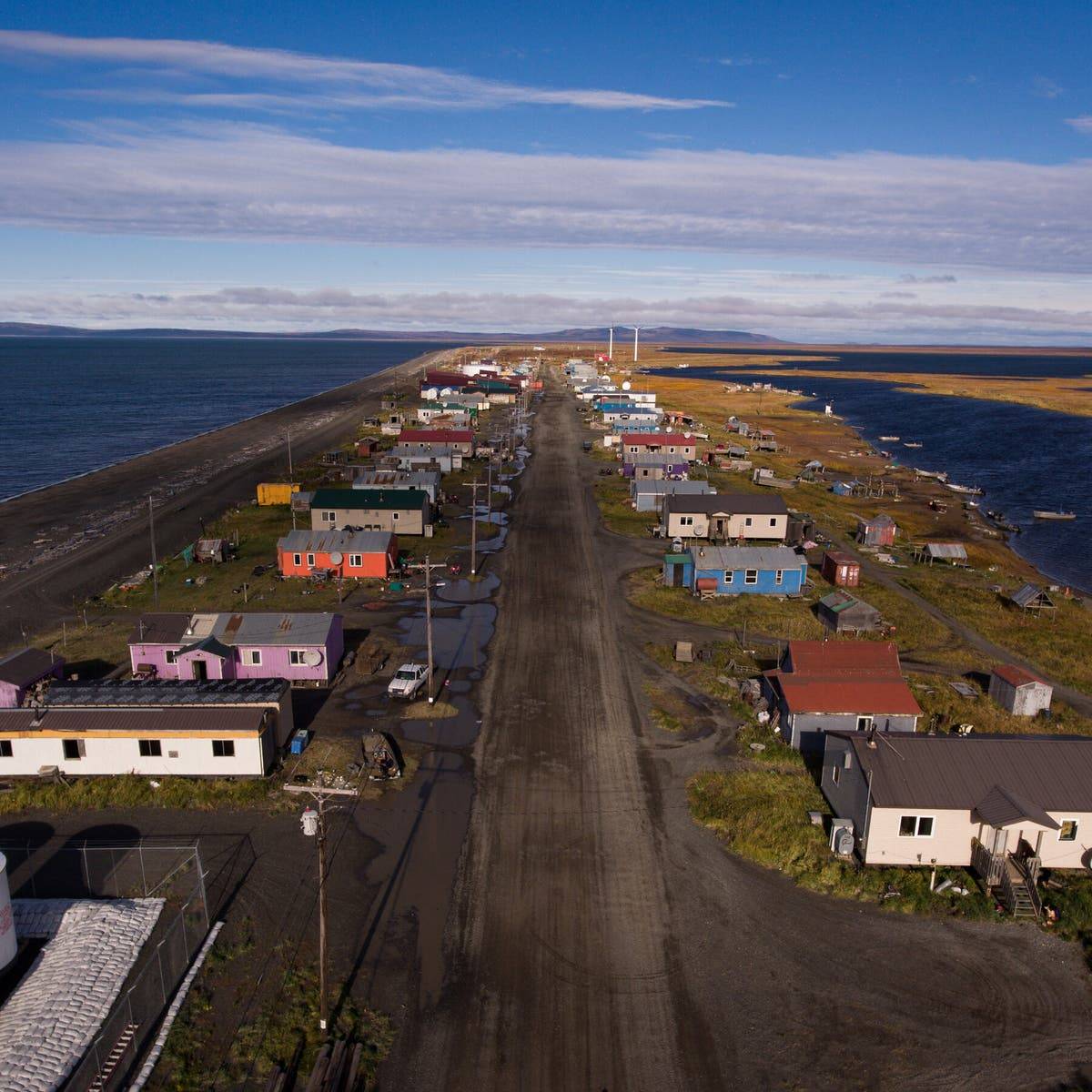Rising Tides, Falling Towns: The Devastating Consequences of Coastal Erosion
As the world grapples with the challenges of climate change, one of the most pressing issues facing the United States is the alarming rate of coastal erosion. Rising sea levels, more frequent storms, and human activities such as coastal development are all contributing to the devastating loss of coastal towns and communities.
From the Gulf Coast to the Eastern Seaboard, the effects of coastal erosion are being felt in towns and cities across the country. The consequences are not only environmental but also economic and social, as communities are forced to confront the very real possibility of being displaced or even disappearing altogether.
One of the most striking examples of coastal erosion can be found in the small town of Isle de Jean Charles, Louisiana. This tiny community, home to the Biloxi-Chitimacha-Choctaw tribe, has been ravaged by rising sea levels and more frequent storms. The town has lost over 90% of its land since the 1950s, and its residents are now facing the very real possibility of being forced to relocate.
"It's heartbreaking to see our community being washed away," said Chief Albert Naquin, leader of the Biloxi-Chitimacha-Choctaw tribe. "We've lived here for generations, and it's hard to imagine a future without this land."
The story of Isle de Jean Charles is not unique. Communities up and down the coast are facing similar challenges, from the Outer Banks of North Carolina to the coastal towns of New Jersey. The consequences of coastal erosion are far-reaching, from the loss of homes and businesses to the destruction of ecosystems and wildlife habitats.
"It's not just about the physical loss of land," said Dr. Robert Young, a coastal geologist at Western Carolina University. "It's also about the cultural and historical significance of these communities. We're losing a part of our national heritage, and it's heartbreaking to see."
As the effects of coastal erosion continue to worsen, communities are being forced to confront the very real possibility of displacement or even disappearance. The question on everyone's mind is: what can be done to stop or slow down this process?
One possible solution is the use of coastal resilience measures, such as seawalls, dunes, and breakwaters. These measures can help protect communities from the impacts of storms and sea level rise, but they are often expensive and may not be feasible for all communities.
Another approach is to focus on relocation and adaptation. This can involve helping communities to relocate to higher ground or to adapt to the changing conditions by implementing flood-proofing measures or elevating homes.
Ultimately, the solution to coastal erosion will require a multifaceted approach that involves government agencies, local communities, and individual residents. It will also require a willingness to confront the harsh realities of climate change and to take bold action to protect our coastal communities.
As the residents of Isle de Jean Charles and other coastal towns can attest, the consequences of inaction will be devastating. It's time for America to take a stand and to commit to protecting its coastal communities from the ravages of coastal erosion.
"We can't just abandon our towns and communities to the sea," said Chief Naquin. "We have to take action to protect them, and we have to do it now."



No comments yet
Be the first to share your thoughts!